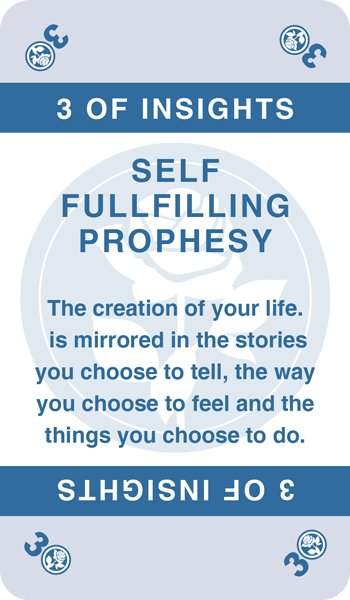One of the big enigmas in the way we perceive things when it concerns personal development, may well be the difference between the way we think we perceive ourselves in our own inner world as opposed to the way we think the outside world perceives us.
When we are happy we literally beam happiness, with the feelings of bliss affecting the people in our environment. It makes the people around us more open, more approachable, which in turn makes it easier to connect.
In general it can be said happiness attracts happiness. Happy environments make people feel good and attracts them like bears to honey.
This however also goes the other way around. Someone who is constantly moping and muttering, who without obvious reason claims to be maltreated and has something to say about all and everything, will attract only few people willing to listen.
What is interesting about both phenomena, is that in both cases the person creating the good or bad vibes, most of the time has no awareness of the effect they resort. This while it could literally make a world of difference in the way we perceive or are perceived.
The key to this enigma is the degree to which we experience ‘our moments’, the ones we all have, as that is the frequency with which we send our messages into the world.
Ask yourself this:
How many times a day do you feel content about something?
How many times are you discontent about something?
It’s worth while to keep track of these two different facets on paper
On the left side, write down the moments of discontentment, with a number of evaluation between 1 and 10, with 1 being simply discontent and 10 being highly unhappy.
On the right you register the moments of contentment, with the same numeral evaluation between 1-10 , with 1 being simply content and 10 being unconditionally happy.
At the end of the day you add up both columns and evaluate which one has the highest score, the column of contentment/happiness or the column of discontentment/unhappiness.
An evaluation like this shows how many times we seem to draw negativity into our lives or …it makes us aware of the number of good moments or how we at times take good moments for granted.
It brings awareness, just like honestly writing down the number of calories one eats per day will be more surprising than one would have thought.
Registering the moments of content/discontentment gives insight in how moments of discontentment come to exist and how moments of contentment are at times undervalued.
There’s one condition to doing this self evaluation: you have to want it. Nobody can be forced to evaluate themselves, but that shouldn’t stop anyone else from climbing the ladder of awareness.
Ingrid Schippers, 22-03-2016
This blog is recorded as weekly end-note of Dutchbuzz.nl, the radio program for internationals, every Tuesday on The Hague FM from 10 to 11 pm. All programs are archived at Dutchbuzz.nl.


